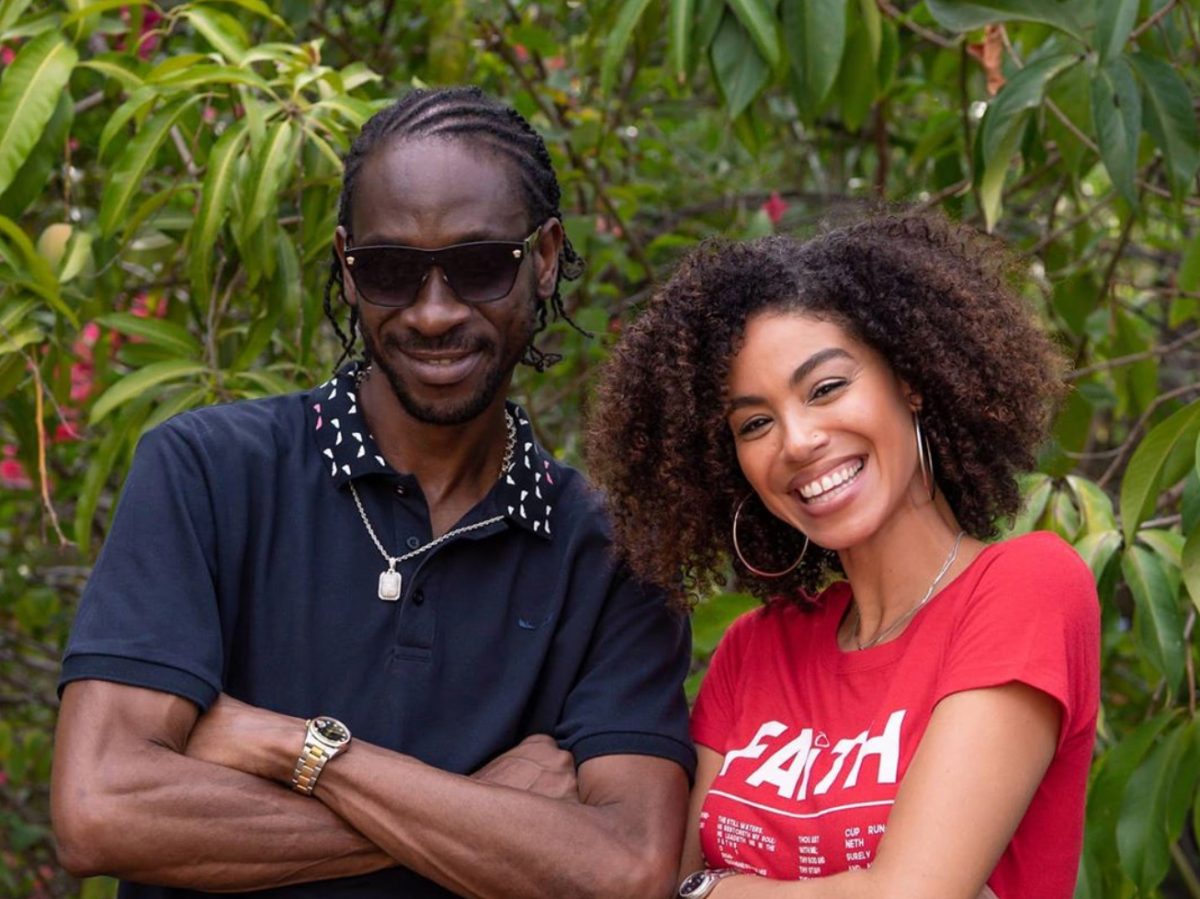Bounty Killer Talks Being Shot At 16, Shabba Ranks Giving Him A Buzz, Trap Dancehall & More

Dancehall artiste Rodney Price, aka Bounty Killer was bursting with wisdom and savoir-faire as he sat down with Yendi Phillipps on her YouTube series, the Odyssey last Sunday.
The Poor People Governor had a pretty lengthy interview with the former beauty queen, discussing his journey growing up in Seaview Gardens, making and selling figurines with his brother, holding the mic for the first time to his now stardom all while sharing the aftermath of losing his mother and the lessons she taught him.
Along the way, we also discovered some fun facts worth mentioning, like three pivotal moments that Shabba Ranks impacted his initiation into music. Bounty said, 1. Shabba (along with Ninjaman) inspired his unique (two-toned) and demanding vocal presence, 2. Taught him that someone from the ghetto could actually make it big in life, and 3. Gave one of his ongoing events a “buzz” with an impromptu appearance, which ultimately boosted his career as a budding deejay at the time.
These were some of the preliminary series of events that gave him the interest and subsequent drive to becoming a serious Dancehall act. Things began looking up for the young 20-something Rodney, when “Uncle T”, as he referred to him i.e. King Jammy’s brother, gave him his big break. The King Jammy’s Recording Studio became his very own playground and pretty much morphed him into the Dancehall genii we see him as today.
The time he got shot …
Speaking of his big break, Bounty said it was a “rude boy” track called Coppershot that really gave him some much-needed street cred on the music scene back in the day. Turns out, the track had sentimental bearing to him and this he coolly revealed resulted from being shot at 16 years old.
This casual mention didn’t go by without urging Yendi to ask what that experience felt like at such a young age. As expected, Bounty said it was quite brutal but took responsibility for the incident. Growing up in the ghetto he was a “wannabe gangster” and foolishly followed bad company and the wrong crew. The shot wasn’t intended for him but he got caught in the crossfire.
Giving back to the poor people …
Yendi moved things along to observe his long-standing philanthropy work and forming The Alliance . All these deeds he admitted was simply his way of helping his country; helping the inner city communities and taking talented youths off the street is his effort of giving back.
“We always curse the system, so when you become a platform or a character or a personality that can make a difference, then you should, cause you always talk about the indifferences and you naa make a difference,” he said.
His mother, Mama Ivey taught the value of reciprocating his blessings and he further shared, “God blessings fi multiply, if he bless me so much it suppose to a bless some other people.”
What for you was the biggest highlight of your career?
The Warlord admitted that it was his journey with American band, No Doubt that gave him the greatest highs in his career. The Super Bowl appearance with the group he said, “well that was the biggest highlight …the greatest one.” Winning the two Moon Man awards on MTV, he said, “dat wasn’t normal, dat was a big one”. He was also nominated twice in two categories, i.e. Reggae and Pop, on the Grammys.
Where do you see yourself going from here, you still want to go in the music?
“Yea man mi still have the drive man, mi have anchor leg fi dem, mi can still gi dem another decade,” Bounty bragged.
He continued, “To weh music deh now, it still need my support and my advice and my guide, cause it still nu in a comfortable place. They are searching for a place, they are searching for a sound but we still nu find one, cause trap dancehall cant be our sound cause we na go use no vandalizing sound.
We haffi come up, just like how we did have Ska and den we go Reggae and its ours, and den we leave Reggae and den we go to Dancehall Steppa music and its ours. We a go leave dancehall and then go to som’n and it’s ours. Its not gonna be something, taking from somewhere, trying to making up something like we confuse. No, make we take we time, stay with what we have till we find something wah make sense but we na take nuttn or anything for something.”
What’s the greatest lesson of your career?
“That nuh artiste is never fully developed … music is like education, yuh never know everything,” he answered. It is this approach that has led him to this notoriety in his career. “I guess that’s why I reach this stage and people say you’re a legend and you great and all these things, because we never feel we fully learn or fully develop,” he continued.
What you want ‘Rodney’s’ legacy to be?
“Well I just want people to remember me as great artiste and one a dem good man weh walk di earth, yuh nuh. We nuh want no extraordinary title, mi just want put-up side a the good names … I want to be looked up on as a Dancehall Mandela,” he nobly admitted.
“Not the Dancehall Bob Marley”… Bob sent the message he said, but more so like Mandela who put up the struggle and the fight for Black people in Africa and across the world, “That’s the type of sacrifice I made for Dancehall”.
The interview wrapped up with Bounty confirming that he is working on a new album finally after 18 years, which will be a follow up to his 2002 LP, Ghetto Dictionary.
Watch Bounty’s full interview with Yendi on the Odyssey here –
